Serving and Advocating for Service Members
Julian Melo is an immigrant, first generation American, United States Army veteran and a senior at the School of General Studies, where he is pursuing a degree in Political Science. He is a Social Impact Fellow with Columbia World Projects and an alumnus of the Harvard Humanities Warrior Scholars Project.
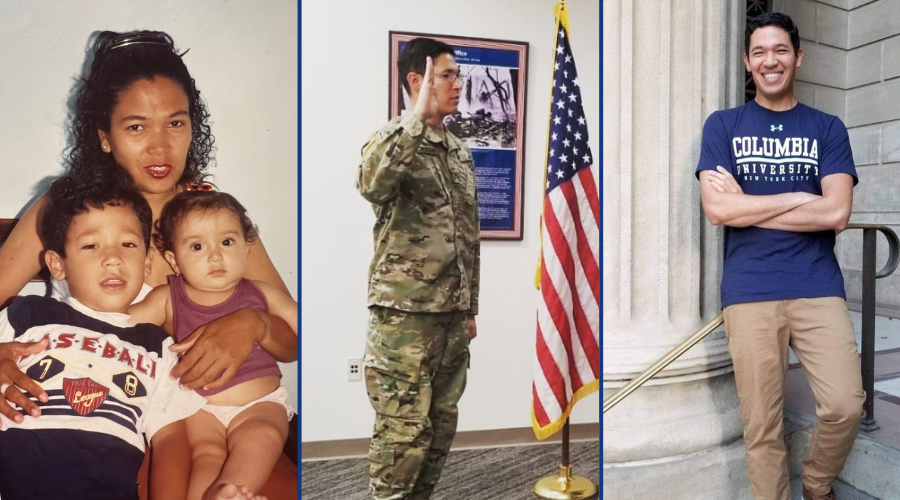
“In general, I had a really positive experience… Once you're in, you're part of a team,” said Julian Melo (GS’23) of his time in the military. Getting in, however, was a winding journey through the United States immigration system in which Julian became an advocate and leader in a class action lawsuit to protect himself and other immigrant service members.
Julian was born in Brazil and was raised by a single mom who was “always working two jobs to take care of [him] and [his] two younger sisters.” From a young age, Julian knew he wanted to come to the United States for college and needed to learn English to make it happen. Private school and tutoring were unaffordable, so Julian decided to teach himself.
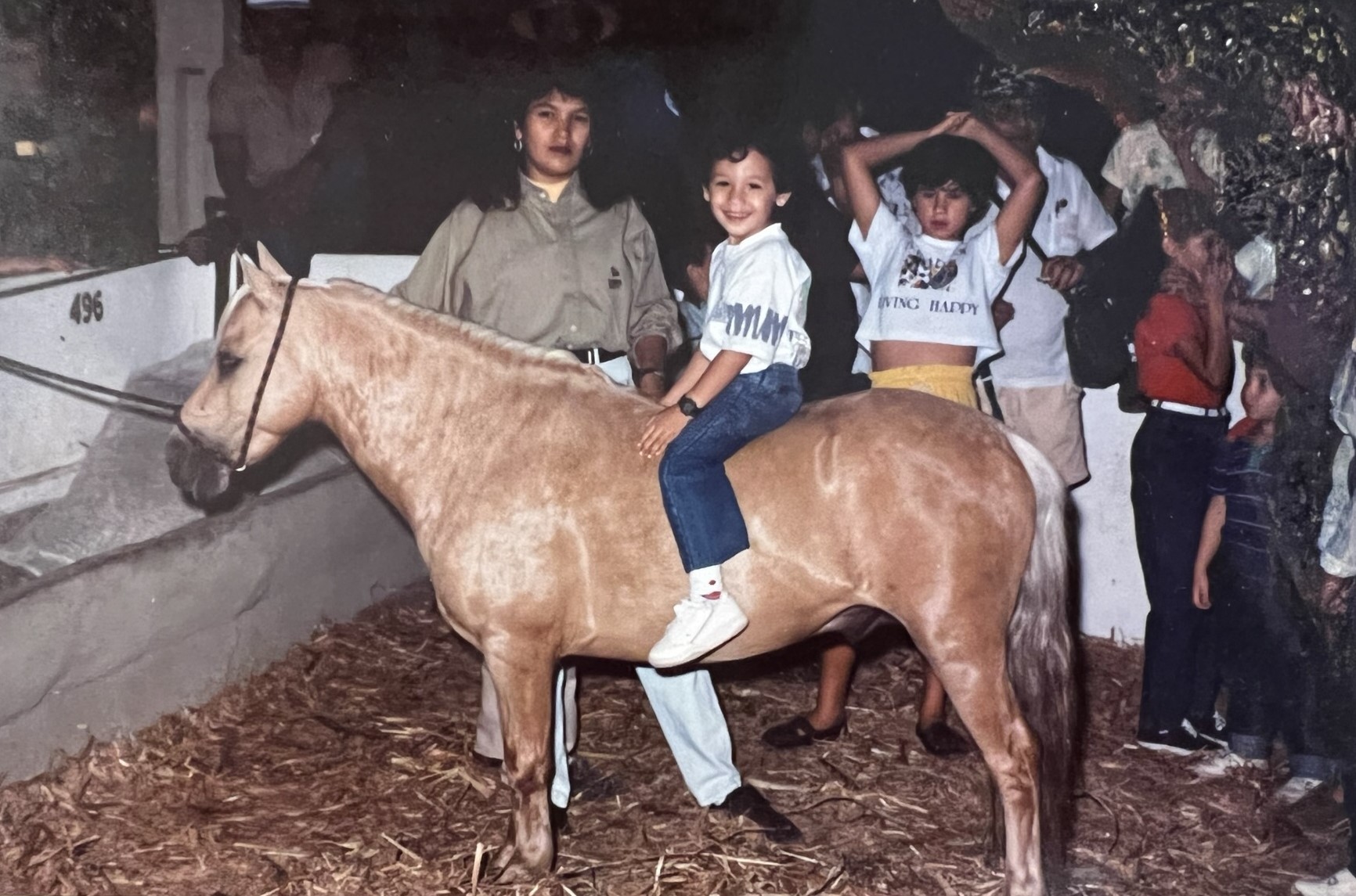
“I read books in English and started looking at websites. Video games were very helpful for me to learn how to speak English,” he said.
Julian secured a student visa and moved to Utah to study computer science. While in Utah, he learned of the Military Accessions Vital to the National Interest (MAVNI) program. The program recruited immigrants who had a background in the sciences and spoke a language of interest to join the U.S. Army.
“I decided to enlist, thinking and hoping that that would create a very smooth path to citizenship for me,” Julian said. As part of the enlisting process, Julian gave up his student visa in exchange for immigration legal status as a service member.
Shortly after enlisting, Julian learned the program he enlisted for was going to be canceled when The Washington Post reported on a leaked memo from the Department of Defense. The Trump administration sought to terminate the MAVNI program and cancel the contracts of immigrants who had already enlisted. “When I found that out, I was reaching out to my recruiters and trying to get information. Nobody knew anything. It was a very top down approach,” Julian said.
He waited in limbo for six months, continuing to train with recruiters and maintaining all the army’s standards to enlist but without being paid. As an immigrant without a visa, he was not allowed to work in the United States and lived with the reality that he could be deported.
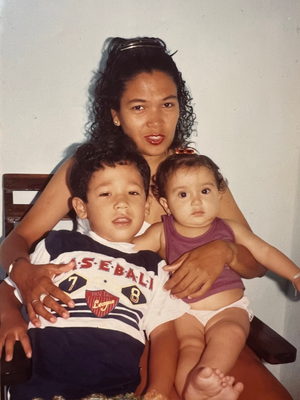
“I had $20 in my bank account,” Julian said. “It was not permitted for me to work, and I was still paying tuition full time as an international student at the University of Utah.”
Several friends and mentors encouraged him to reach out to the media to share his story. Without any other options to resolve his situation, he contacted The Salt Lake Tribune. Reluctantly, he became an advocate for himself and other immigrant service members.
“I did not want to expose myself in that way,” he said. “I'm very reserved.”
Julian’s story and that of other service members gained national attention as other immigrant service members began to speak out. Beverly Cutler, an attorney from Alaska who specializes in immigration and military law, contacted Julian. She offered to represent him and other similarly situated immigrants pro bono in a class action lawsuit.
“I had $20 in my bank account. It was not permitted for me to work, and I was still paying tuition full time as an international student at the University of Utah.”
Julian took on an active role in building the case by reaching out to other MAVNI service members on Facebook and interviewing them to see if they qualified to join the suit. “I heard so many different stories from people from all over the world,” Julian said.
One story stood out and has stuck with him to this day. “There was this woman living in San Francisco,” Julian recalled. “She lost her immigration status because of the [MAVNI] program and couldn't work. She felt very desperate because her landlord, who used to live adjacent to her, was making advances on her in exchange for rent. At that moment, I realized, wow, this is a lot bigger than just us trying to gain citizenship.”
Meanwhile, Julian and other service members kept waiting for any kind of resolution. The lawsuit took over a year to be decided, but ultimately they won the suit. Julian was able to join the military, continue his career, and pursue a pathway to citizenship. However, for some immigrant service members, the legal limbo has continued as many are still navigating various lawsuits and policy changes.
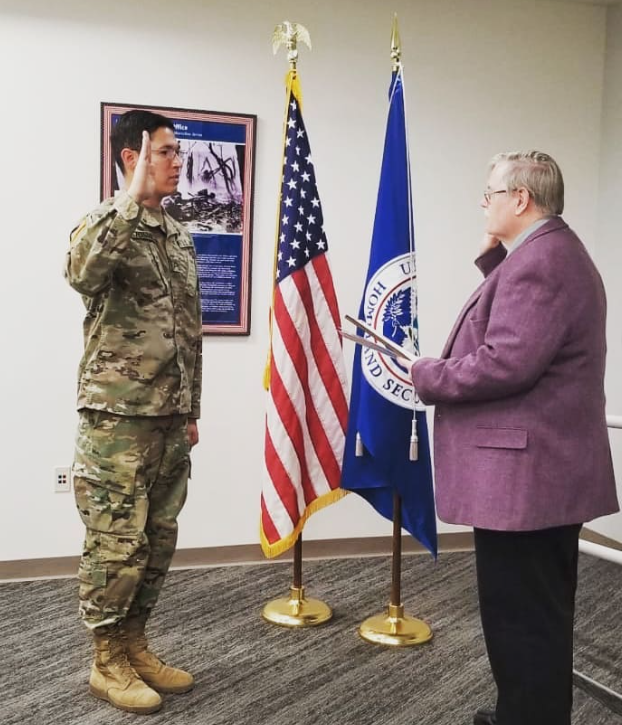
Julian served in the military from from 2015 to 2019. He traveled to Europe and other parts of the United States during his service and used his fluency in Portuguese to do live translations and translate documents, emails, and audio recordings.
“I still remember the very first time I went on base with my military ID without having to present a convoluted set of documents… It was really cool to be able to feel that I belonged,” he said.
Julian’s final posting with the U.S. Army was in El Paso, TX, and it pointed to where he might go next in his career. He was deployed there as a large group of asylum seekers were on their way to the U.S.-Mexico border. For him, it was an “origin story moment.”
“I wasn't on the other side,” he said. “I thought maybe I could do something about this and someday work within the legal system.”
After transitioning out of the military, Julian worked as a policy researcher for the City of El Paso’s Community & Human Development. At the time, the city was figuring out how to provide housing and prevent homelessness as it took in a large group of asylum seekers.
“I was really good at interviewing people, and I loved the background work behind it as well – the paperwork, all the policies and the laws, and understanding what can be done and what cannot,” Julian said.
“I wasn't on the other side. I thought maybe I could do something about this and someday work within the legal system.”
The experience led him to continue his education and sparked his desire to serve through the legal profession. He attended the Harvard Humanities Warrior Scholar’s Project and applied to the School of General Studies to complete his bachelor’s degree. This year, Julian was selected as one of Columbia World Project’s Social Impact Fellows.
He is using his fellowship year and the support of the program to collaborate on a project with Stanford Natural Languages Processing Group, which uses artificial intelligence to translate documents for immigrants. For some immigrants, the cost of professional translation services is prohibitively expensive and prevents them from applying for permanent residence, citizenship and other immigration benefits.
“My research question has been: How can this technology be used to lower the costs of companies engaged in immigration services?” He explained.
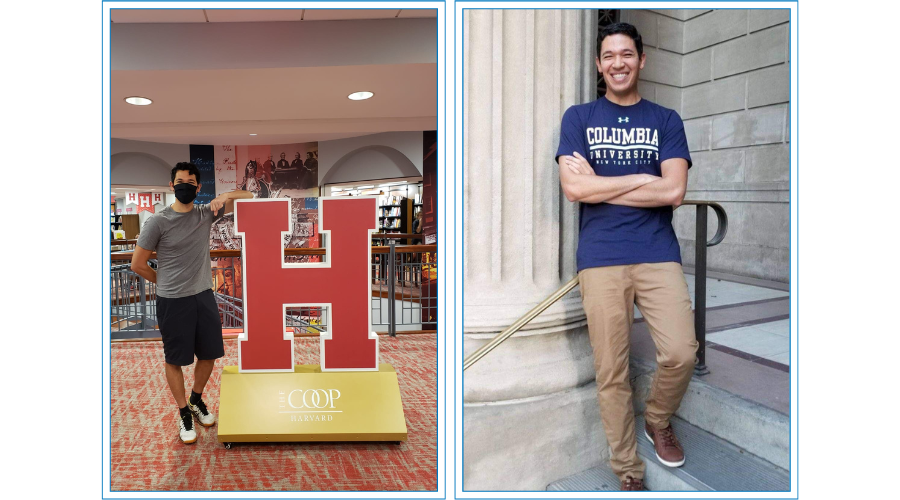
Reflecting on the many obstacles he faced on his journey to Columbia and as a student, Julian shared the impact of his family’s values and upbringing in Brazil. “One of the core values that I carry with me is resourcefulness out of scarcity,” he said. “That resourcefulness, that grit really stayed with me.”
Now in his final year at the School of General Studies, Julian is preparing for the next steps in his career of service. He is applying to law school and hopes to work at the cross section of immigration law and technology.
“My family and cultural background has been a huge influence on my life. One of the core values that I carry with me is resourcefulness out of scarcity. That resourcefulness, that grit really stayed with me.”
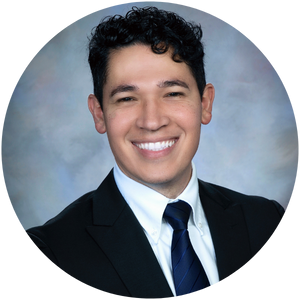
Julian Melo (GS ‘23) is studying political science and was selected as one of the inaugural Social Impact Fellows at Columbia World Projects.
